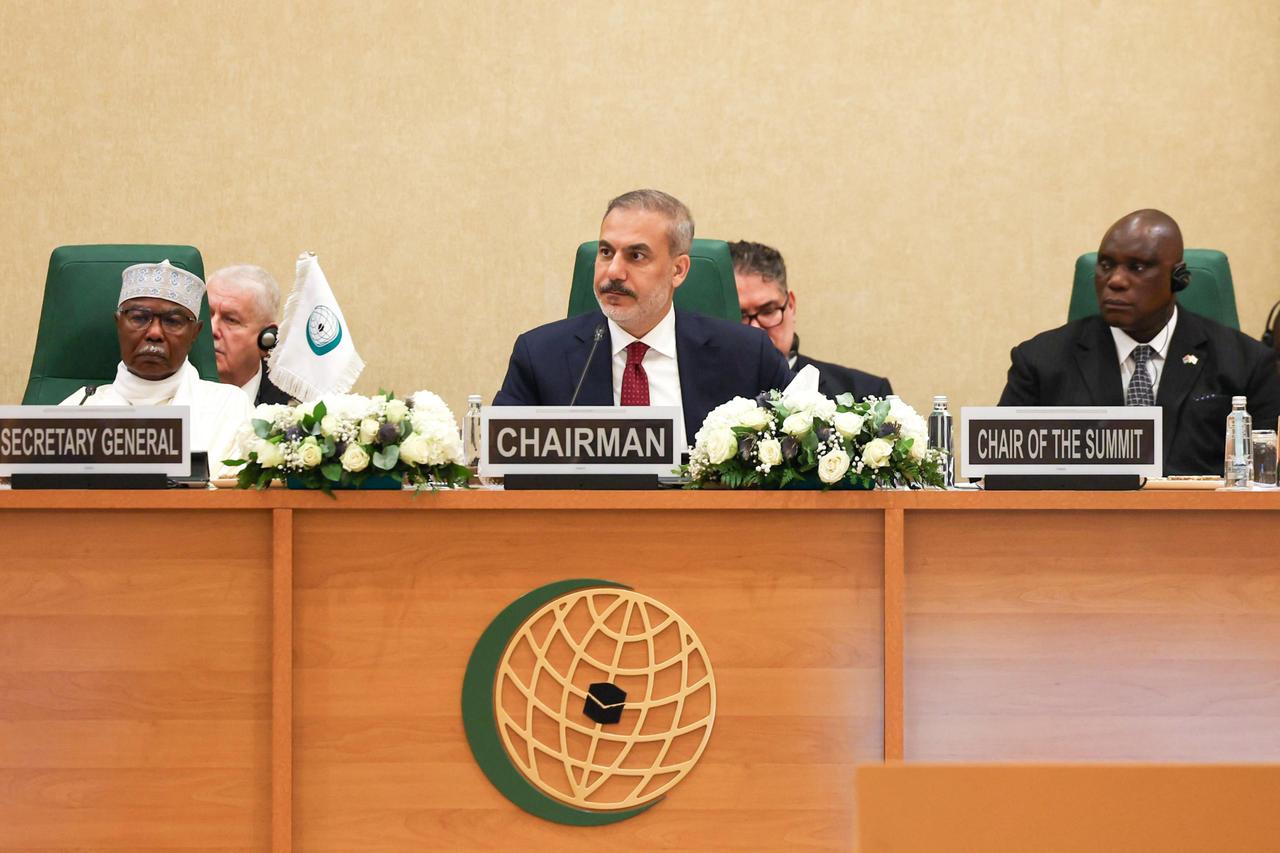
Foreign ministers from the Organization of Islamic Cooperation passed a sweeping resolution Monday, unanimously condemning Israel's continued military operations in Gaza and expressing "strong rejection" of what they termed Israeli plans for full occupation of the Palestinian territory.
The 21st extraordinary session, held at OIC headquarters in Jeddah at the request of Palestine, Türkiye and Iran, brought together diplomatic representatives amid what Foreign Minister Hakan Fidan called a critical moment requiring "collective action" for Palestinian rights.
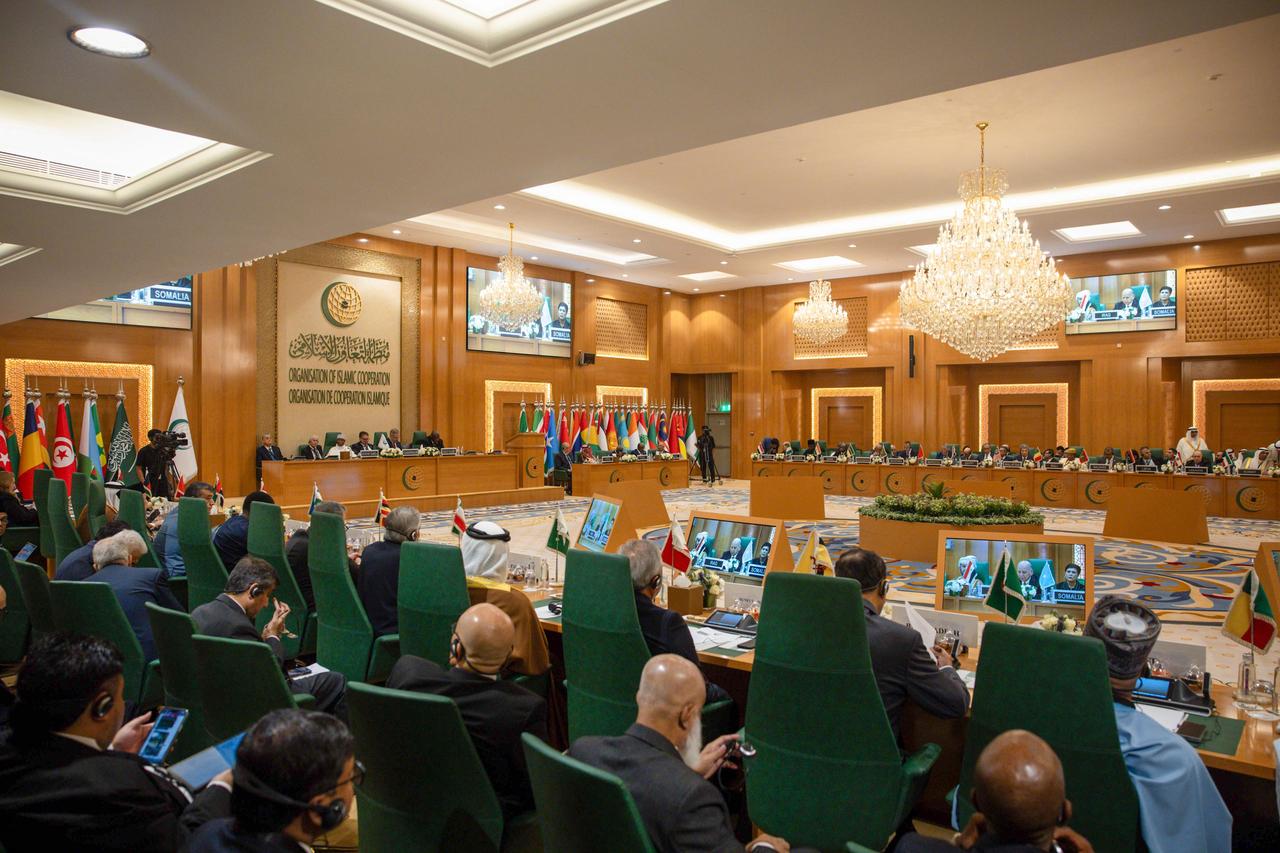
The resolution, spanning 38 articles, specifically condemned statements by Israeli Prime Minister Benjamin Netanyahu regarding a "Greater Israel Vision," describing them as "irresponsible and arrogant" rhetoric that represents "an extension of extremist rhetoric, incitement and aggression against the sovereignty of states."
The OIC characterized these statements as violating international law and the U.N. Charter while threatening regional and international peace and security.
Member states denounced Israel's recent approval of 3,400 settlement units in the E1 area of occupied East Jerusalem, calling it "an illegal attempt to alter the geographic and demographic landscape of the Occupied Palestinian Territory" that undermines prospects for a two-state solution.
The resolution asserted that ending Israeli occupation and colonial settlements, which it deemed illegal under international law, U.N. resolutions, and International Court of Justice (ICJ) opinions, remains essential.
The document warned of "the danger of the escalating terrorist activity by extremist settlers under the protection of the Israeli occupation forces in the West Bank, including occupied Al-Quds," calling for accountability measures, including sanctions and prosecution.
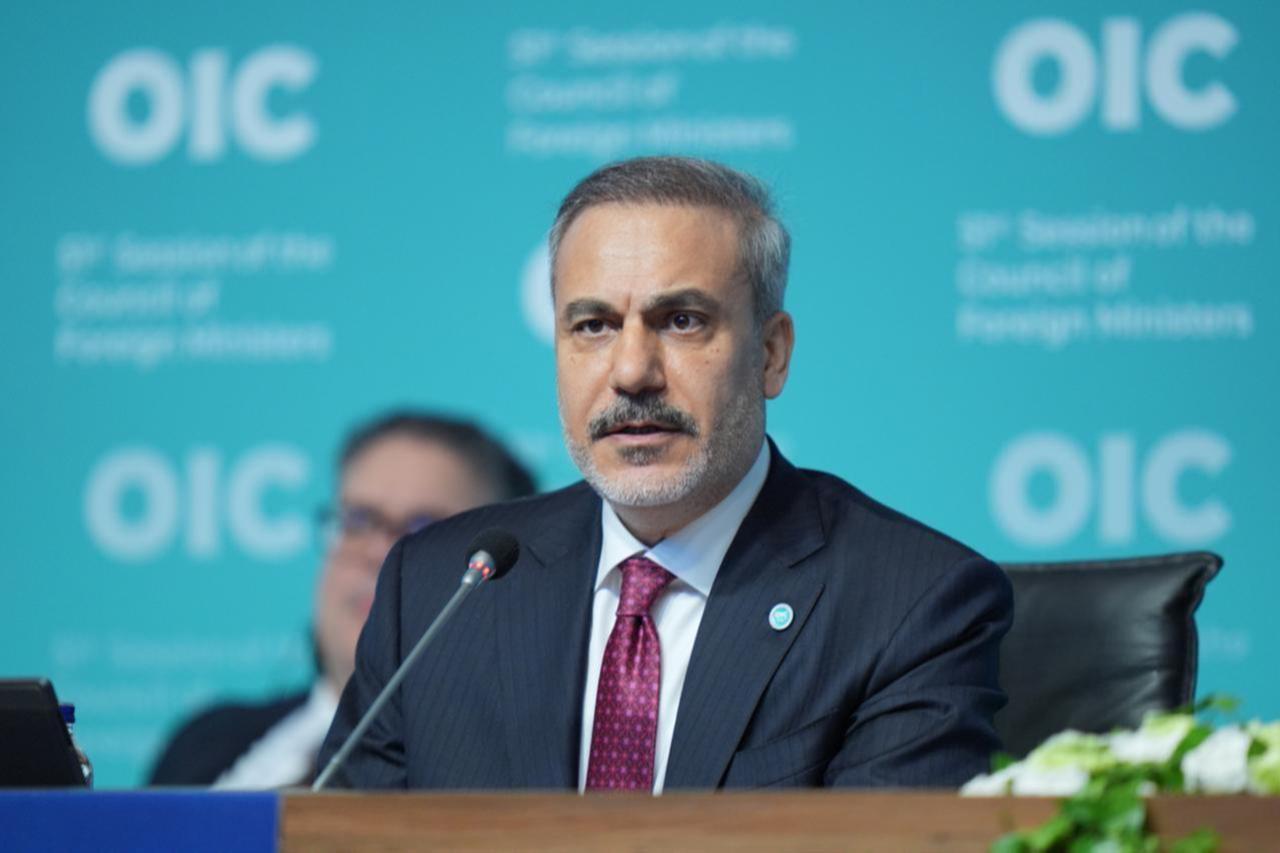
Speaking at the session's opening, Fidan emphasized that "what the Palestinian people need is our collective action" and stressed the importance of "coordinated pressure" to force Israel toward a lasting solution.
He declared that "the conscience of the ummah (Muslim community) and the OIC must grasp this moment to speak and act with one powerful voice."
The Turkish foreign minister highlighted three urgent priorities: "Halting the war, forging a united response of the Islamic Ummah, and mobilizing the international community."
He noted Hamas had already accepted ceasefire proposals from Qatar and Egypt, stating, "A deal is within reach, but the aggressor must also agree."
Fidan condemned what he described as Israel's broader regional agenda, warning that "the frequent and unlawful attacks of the Netanyahu regime on Syria, Lebanon, and Iran reveal a broader and sinister agenda to destabilize our entire region."
He emphasized that Israel's aggression extends beyond Palestine and threatens regional stability.
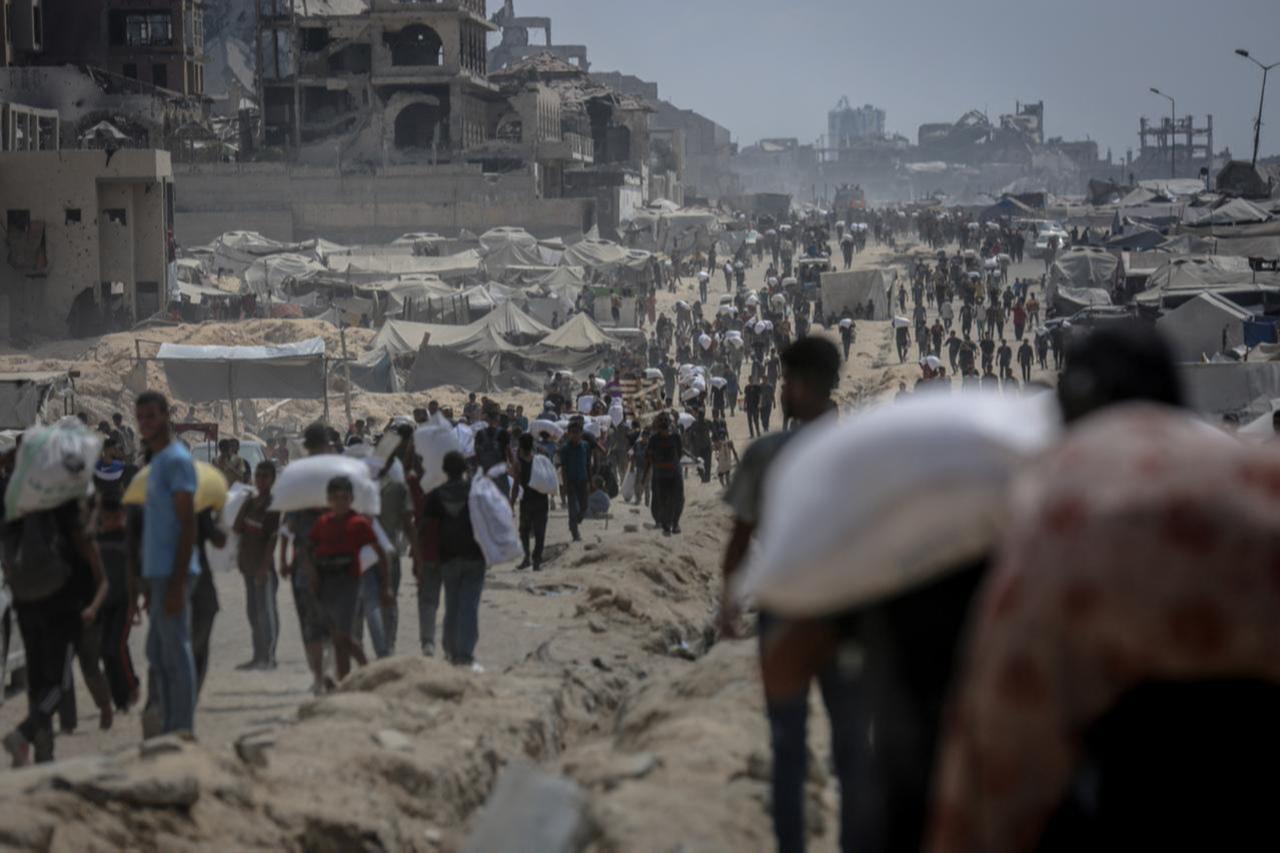
The resolution detailed the humanitarian toll in Gaza, citing over 62,500 deaths, including 12,400 women and 18,500 children, with over 160,000 injured and over 1.5 million Palestinians displaced.
The document emphasized the U.N.'s Integrated Food Security Phase Classification system declaration of famine in Gaza, holding "the Israeli occupation fully and directly responsible for this crime."
Fidan specifically addressed the famine conditions, stating that the situation "is not a natural disaster" but resulted from "Israel's deliberate obstruction of aid."
The resolution condemned Israel's systematic targeting of civilian infrastructure, including "destruction of food supply chains, water facilities, and medical services" that directly contributed to the humanitarian catastrophe.
The OIC strongly condemned the use of what it termed the "Gaza Humanitarian Foundation" as "an Israeli criminal tool of perpetuating famine and genocide against the Palestinian people," considering the institution and its leaders "complicit in the crime of genocide."
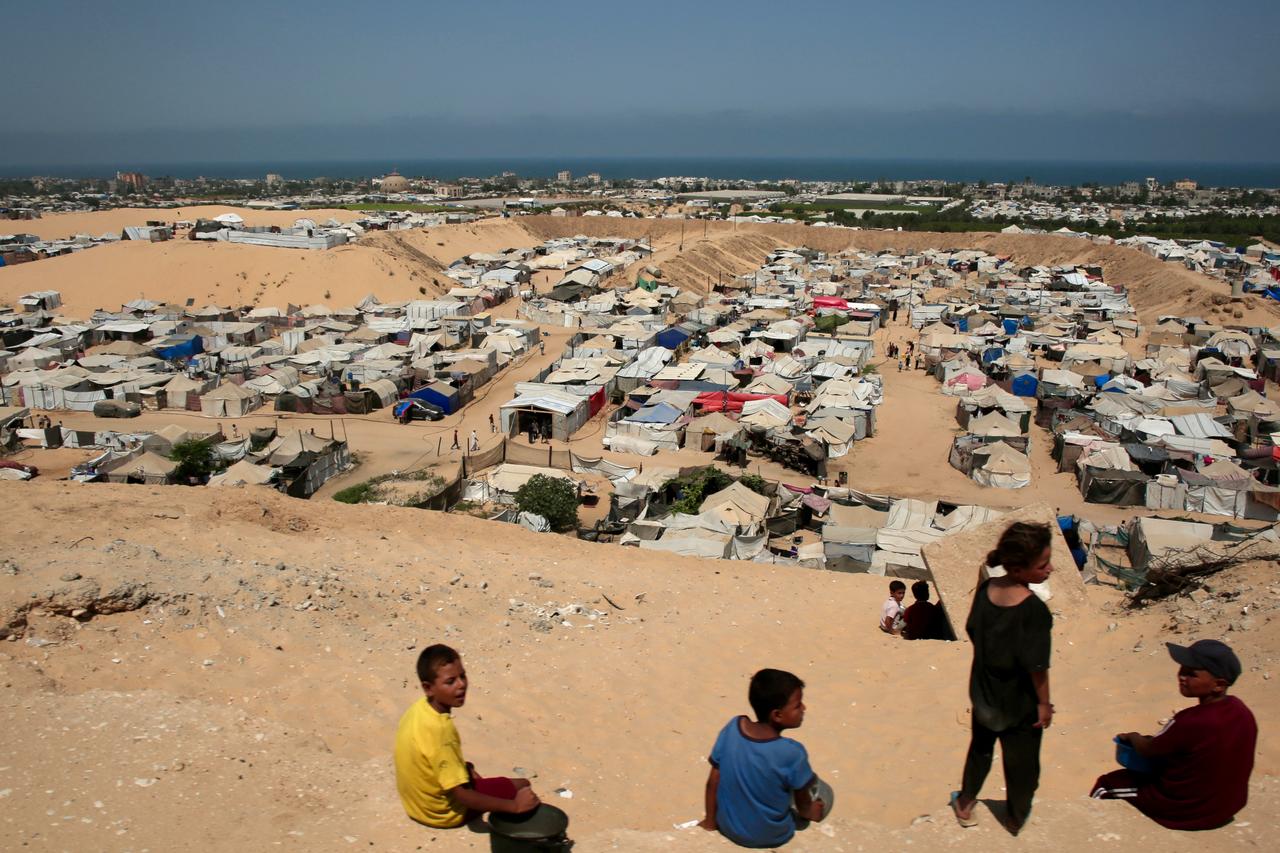
The resolution called on member states to take "all possible legal and effective measures" against Israel, including imposing sanctions, suspending weapons transfers, reviewing diplomatic relations, and pursuing legal actions.
It specifically urged OIC members who are parties to the International Criminal Court to support the enforcement of arrest warrants issued against Israeli officials.
The document mandated coordination efforts to examine whether Israel's U.N. membership aligns with the Charter, given what it characterized as Israel's violations of membership requirements and disregard for U.N. resolutions.
Member states were tasked with coordinating efforts to potentially suspend Israel's U.N. membership.
The resolution praised recent international recognition of Palestinian statehood, urging states that have not yet recognized Palestine to "fulfill their duty to do so and to support its full membership in the United Nations."
This recognition was deemed essential for implementing the two-state solution and achieving regional peace and security.
The OIC emphasized that lasting peace can only be achieved through a two-state solution requiring "ending the Israeli occupation, ensuring the establishment of an independent and sovereign State of Palestine based on the pre-June 4, 1967 borders, with East Al-Quds as its capital."